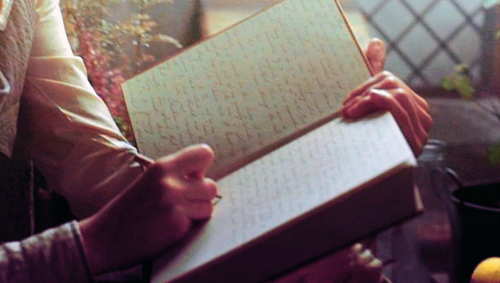Fitst Look at a First Draft
What About Action Stories?
You've just finished your first draft, and now it's time to polish. It's not a bad idea to stick the manuscript in a drawer (real or metaphorical) and walk away for two or three weeks, or even a month before you go back to it.
Now, I know this is sometimes hard because you're excited to have finished and you want to dive back in, but don't. To edit well you need distance, and to get distance, you need time away from your book. You want to see what's on the page, not what you remember writing. Approach the text with fresh eyes and you'll catch a lot more.
Once you've let your mind relax and recharge, it's time to analyze your goal structure to make sure your story has something driving the plot, and that you keep building your stakes to the end.
Why is this important?
Because readers won't stay with you long if the story isn't going somewhere(think about all those books you set down after a chapter or two, or movies you turned off after twenty minutes). This doesn't apply just to boring scenes or slow scenes, you can actually have action-packed scenes that still bore readers, because the plot isn't advancing and nothing new is being revealed. Readers want to see the story progressing. They want to see things getting worse and the stakes getting higher.
I have four important questions for you:
- What are they (the point of view character) trying to do?
- What goes wrong?
- What do they do about it?
- Why does this matter?
These questions capture the basic goal-journey-disaster structure of a scene.
In The Raid: Redemption, my opening scene looks like this:
- What are they trying to do? Sally forth against an abandoned building which has many bad inhabitants.
- What goes wrong? They get caught.
- What do they do about it? They use all of their ability to kill the inhabitants.
- Why does this matter? The head knows about it and they're threatened. Once they get in, they can't go out of the building.
The "Why does this matter" is a key component of building a strong story. Plenty of things can always go wrong, but not all of them will move your story along toward the . (Even if that is still 70,000 words away). Knowing why it matters not only clarifies the character's motivation, it clarifies plot and stakes. You can either mentally check this, or write it down. I like writing it down because it forces me to pinpoint the major plot points of the book. I can easily see which scenes are moving the story and which aren't.
Once you have all your scenes down, read through your list and see how the story flows. You should be able to see plot progression from opening scene to resolution. Everything marching toward that end . You should see your stakes escalating, where things keep getting worse and worse. And usually more personal to your protagonist.
Stay awesome and do this poll
Comments